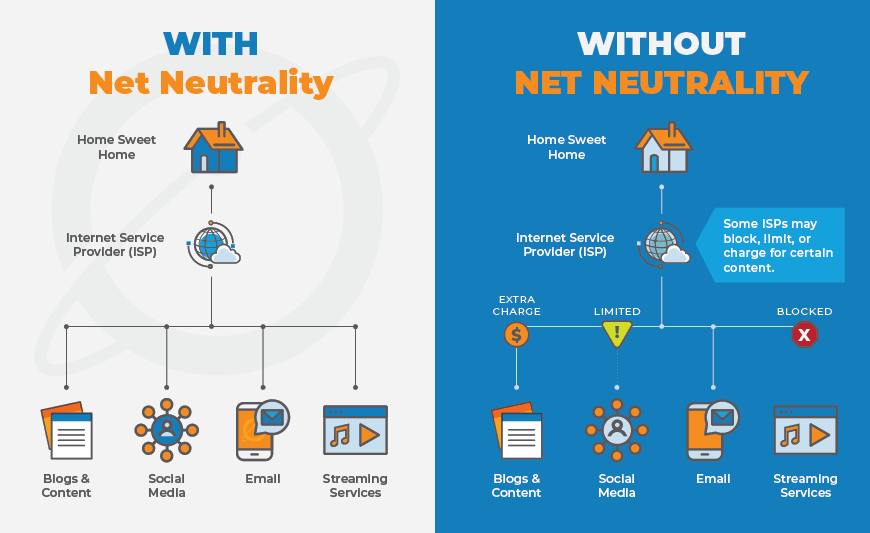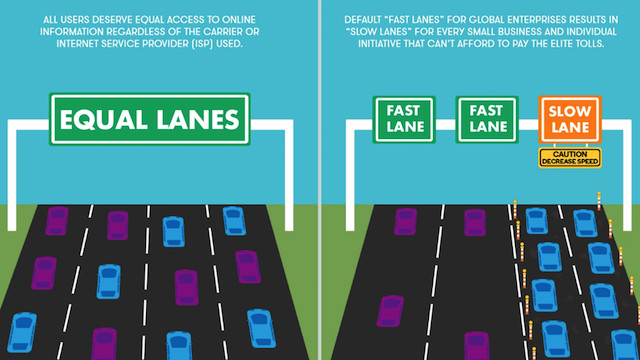The Federal Communications Commission (FCC) recently faced a setback in its effort to enforce net neutrality rules. A panel of judges from the US Court of Appeals for the 6th Circuit decided to block these regulations temporarily. The court’s ruling suggests that broadband providers have a strong case against the FCC, putting the future of net neutrality in question. This development points to a prolonged legal battle that could impact both internet users and service providers.
What’s Happening & Why This Matters
In April, the FCC voted to reinstate net neutrality rules that had been repealed during the previous administration. These rules sought to classify broadband as a telecommunications service, which would subject it to stricter regulations under Title II. However, internet service providers (ISPs) quickly challenged this move, arguing that the FCC does not have the authority to impose such regulations without clear direction from Congress.
The 6th Circuit Court’s decision to stay the enforcement of these rules stems from the judges’ assessment that ISPs have a strong legal argument. The court’s ruling took into account a recent Supreme Court decision in Loper Bright Enterprises v. Raimondo, which restricted the power of federal agencies to interpret ambiguous laws. This decision complicates the FCC’s argument that it has the authority to classify broadband under Title II.

The judges pointed out that current law does not clearly define broadband providers as common carriers, weakening the FCC’s position further. The ruling also noted that Congress has not explicitly supported the FCC’s classification of broadband providers as common carriers, which poses a challenge for net neutrality advocates.
TF Summary: What’s Next
The case is now scheduled for oral arguments later this year, with a new panel of judges expected to hear it. Although ISPs gained an early advantage with the stay, net neutrality supporters remain hopeful that the final ruling could still favor the FCC. A loss for the FCC in this case would make it harder for the agency to regulate the internet, possibly giving ISPs more control over internet traffic.
The outcome of this case could have lasting implications for how the internet operates in the United States. It will determine whether net neutrality rules can be enforced or if ISPs will have more authority over data flow on their networks.


